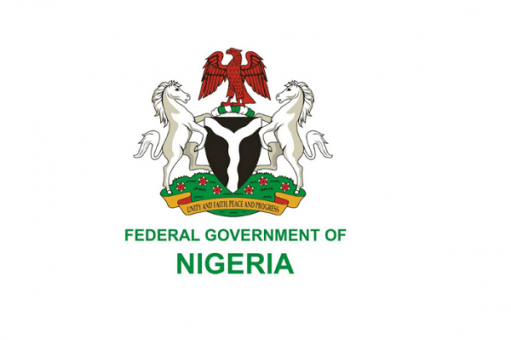
Have you been handling your finances with utmost care and yet it seems to be the same every year?
Well, here are the common financial mistakes you might be making you never knew about.
• NOT HAVING A FINANCIAL PLAN
Your financial future depends on your current reality. Saving and investing your money might mean nothing when you do not have a financial plan. You could save some money, yield extra income and still end up spending it all recklessly because you don’t have a plan.
When resources pile up without any detailed plan on how to use it, one may end up wasting it on frivolities. That is why some people who are experts at saving and investing their money still end up at loss in times of unforeseen circumstances.
•PAYING DEBT OFF USING SAVINGS
You may think swapping your savings for your debt means you will be pocketing the difference. It’s not that simple.
When you pay of your debt with your savings fund, you may have a very tough time replacing the money taken. When debt gets paid off, the urgency to replace savings fund usually goes away. It will be very tempting to continue spending at the same pace and you’d likely go back into debt. This time around, they’d be no savings to clear this debt.
• NOT INVESTING IN RETIREMENT
You are probably saving for every other thing but retirement. There is no specific time to start saving towards retirement than right now. If you do not make your money start working for you through the markets, you’d never stop working. Making more money when you invest in a worthwhile venture and directly transferring some of the profit to a retirement account is essential for future financial planning.
•IMPULSIVE SPENDING
Getting your paycheck after a long months work can be exciting, what you do with it afterwards determines if you are in charge of your money story or not. To avoid impulsive spending, I suggest the “30 days test”.
Before you purchase an item, kindly wait for 30 days and if you still feel the need to get that item afterwards, then go ahead.
Great fortunes are often lost one dollar at a time. It may not seem like a big deal when you eat out 3 times a week or buy chocolates every time you take the bus, but those little things add up. If you are in financial trouble, avoiding these little mistakes can make all the difference.
Every dollar counts more than ever.
•UNNECESSARY SUBSCRIPTIONS
Do you really need the items you keep paying for every month?
Do you utilize them fully? For someone who is at work 24/7 every weekday, subscribing to a weekday entertainment channel isn’t necessary. When money is tight, or you just want to save more, creating a leaner lifestyle can go a long way to fattening your savings and cushioning yourself from financial hardship.
•CREDIT CARD OBSESSION
Using credit card to buy essential commodities has become somewhat commonplace. But if you are not willing to spend a lot more on interest, it is not a wise decision to take. Credit card interest rates make the price of the product acquired way more expensive. Relying on Credit cards simply means you’d keep spending more than you earn and keep piling up debt.
•PURCHASING A HOUSE ABOVE YOUR BUDGET
While this is a good investment, it carries it’s own share of risks. When it comes to getting a house, bigger does not equate better. Unless you have a large family or various streams of income, purchasing a 5,000 square foot home will mean more expensive maintenance, taxes etc. Do you really want such significant long term dent on your monthly income?
•SPENDING TOO MUCH ON A NEW CAR
Many cars are sold every year, although few buyers can afford to pay for them in cash. The inability to pay upfront means inability to afford that car. Lots of people borrow money to get NEW cars. This in turn leaves a huge financial debt on their neck. Debt is often paid back with interest, which means that people who borrow pay more money than required for that commodity.
Sometimes a person has no choice but to take out a loan to buy a car, but how many consumers really need a large SUV? Such vehicles are expensive to buy and hard to maintain. Unless you tow a boat or trailer or need an SUV to earn a living, it can be disadvantageous to purchase one.
If you need to buy a car and/or borrow money to do so, consider buying one that uses less gas and costs less to insure and maintain. Cars are expensive, and if you’re buying more of a car than you need, you might be burning through money that could have been saved or used to pay off debt.
•LIVING FROM PAYCHECK TO PAYCHECK
The result of over spending puts people in a tricky position, one in which they need every dime they earn to run their household. One missed paycheck may be disastrous. When there is a recession, you won’t want to find yourself in such position.
Plan new financial Strategies now and start by cutting down on expenses in whatever way you can. Get a side job to boost income.
Financial decision-making comes in all shapes and sizes, and knowing when to switch over your bills is important.





